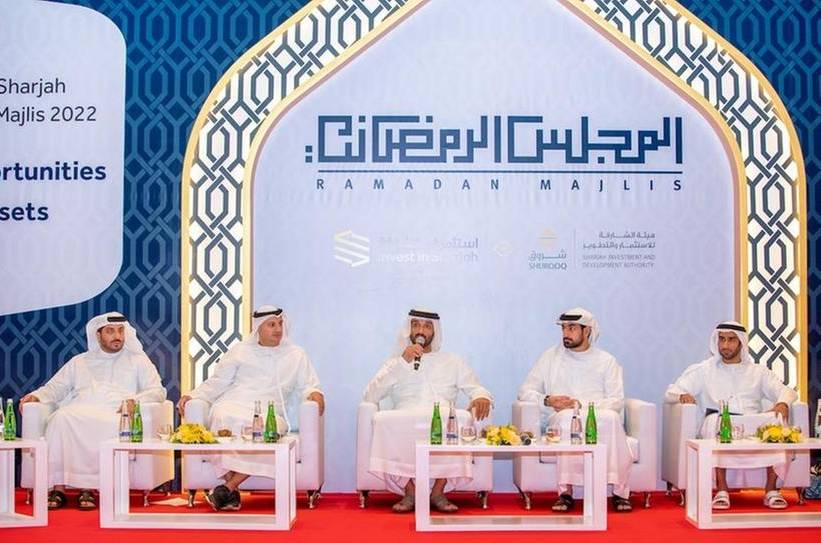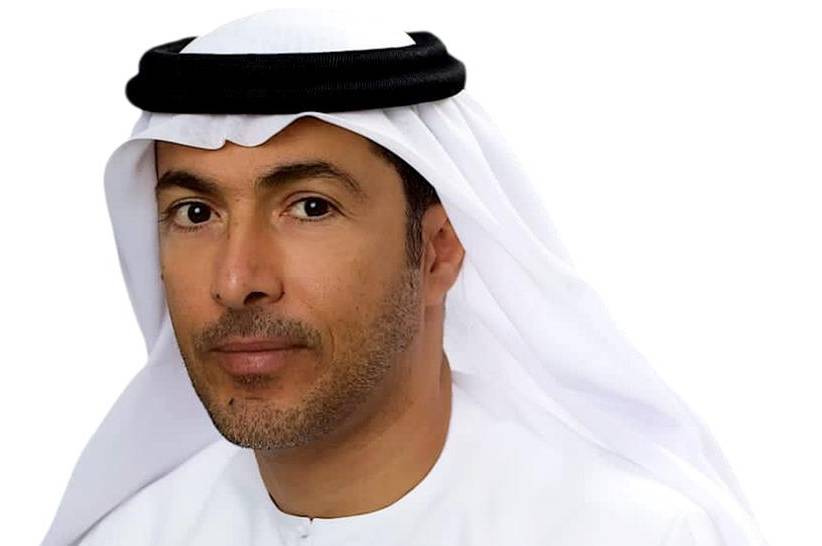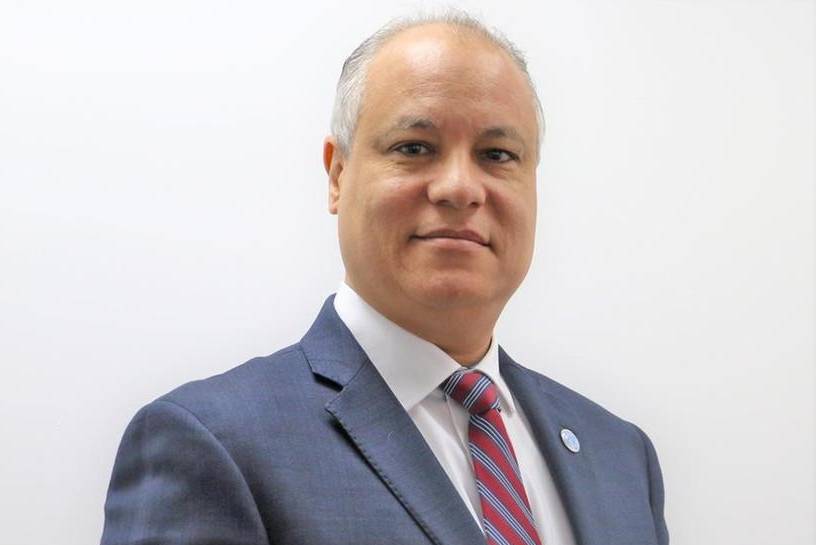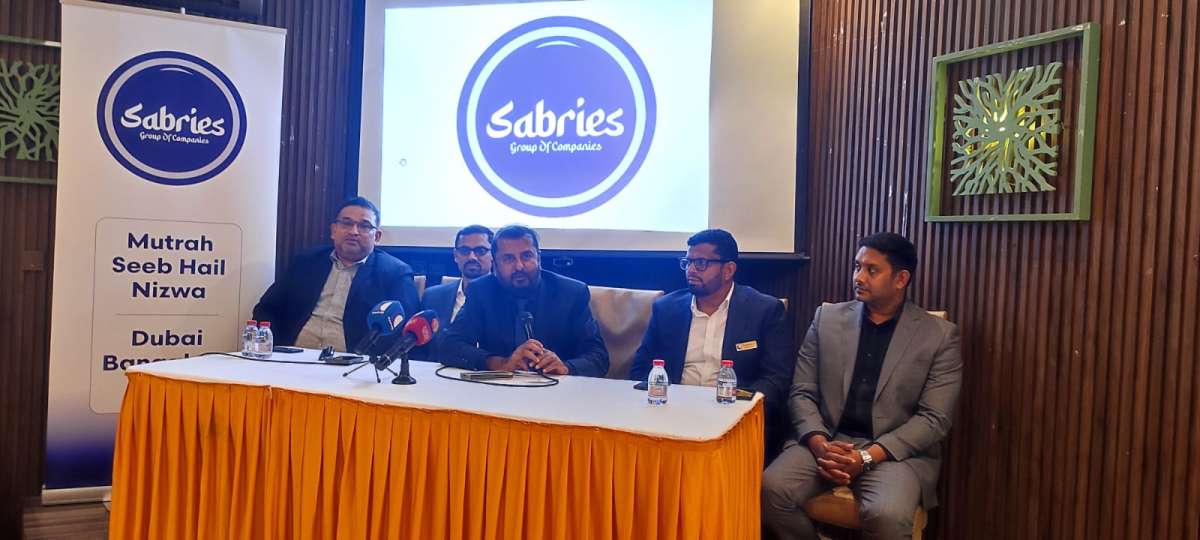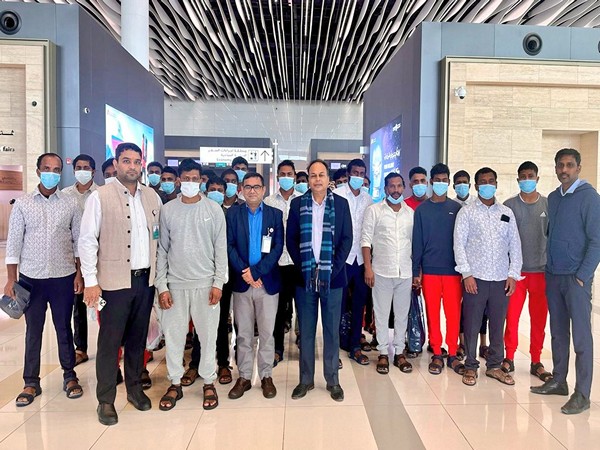Organised by the Sharjah FDI Office (Invest in Sharjah), event featured panel discussion exploring the present and future of the rapidly growing industry in the UAE…reports Asian Lite News
The Sharjah Investment and Development Authority (Shurooq) and Sharjah FDI Office (Invest in Sharjah) hosted a distinguished group of local and federal government officials, prominent business leaders and key partners to discuss ‘Investment Opportunities in Virtual Assets’ at the 8th annual edition of the Sharjah Economic Ramadan Majlis (SERM), which took place yesterday (Tuesday) at the House of Wisdom in Sharjah.
The event was held in the presence of H.E. Abdulla Bin Touq Al Marri, Cabinet Minister and UAE Minister of Economy and Sheikh Saud bin Sultan Al Qasimi, Director of the Sharjah Digital Office.
During the majlis, a panel of experts explored new and emerging investment prospects in the UAE’s virtual assets sector, which has witnessed a recent period of tremendous growth in global markets. Addressing a gathering of more than 300 attendees, the speakers discussed the UAE’s status as a regional leader in the virtual asset industry; the future of cryptocurrency, non-fungible tokens (NFT) and metaverse in the country; the government’s role in regulating the sector to promote its growth; and the initiatives and innovation of entrepreneurs in capitalising on the opportunities afforded by these developments.
The speakers included H.E. Abdulla Bin Touq Al Marri; H.E. Ahmed Obaid Al Qaseer, Acting CEO of Sharjah Investment and Development Authority (Shurooq); H.E. Dr. Maryam Buti Al Suwaidi, CEO of the UAE Security and Commodities Authority (SCA); H.E. Mohamed Juma Al Musharrkh, CEO of Sharjah FDI Office (Invest in Sharjah); H.E. Hussain Al Mahmoudi, CEO of Sharjah Research, Technology and Innovation Park (SRTIP); H.E. Fahad Al Gergawi, CEO of Dubai Investment Development Agency (Dubai FDI); Marwan Al Zarouni, CEO of Dubai Blockchain Center; Mohamed Al Jassmi, co-founder of BAMAR Coin, the first Arabic cryptocurrency; Anna Seaman, co-founder of MORROW Collective; Ali Awad, banking and finance lawyer at Al Tamimi & Co; and Rajaa Al Mazrouei, Executive Vice President of Dubai International Financial Centre (DIFC) FinTech Hive.
H.E. Abdulla Bin Touq Al Marri: “It was not long ago that governments around the world were wary about the sudden prevalence of cryptocurrency. A few short years later, the UAE has already begun shaping the future of this dynamic asset class as well as other virtual assets. For instance, in February HH Mohammed Bin Rashid Al Maktoum announced the Virtual Asset Regulatory Authority (VARA) in Dubai, which protects investors and oversees the industry. A regulatory and supervisory framework for virtual asset investment was recently open for public consultation under the Securities and Commodities Authority (SCA) and is set to be issued in the upcoming months. The UAE is also actively combating illicit trade and financial crimes in the crypto space. Regulation is vital for us to realise the full potential of virtual assets and deploy this sector to drive the economy forward in the long term.”
Ahmed Obaid Al Qaseer: “Virtual assets are expected to lay the bedrock of the global economy in the future. Investments are pouring into this sector in anticipation of that day, as the circulation of cryptocurrency and NFTs becomes more widespread. In keeping with its characteristic spirit of innovation, the UAE is capitalising on this rapid growth and preparing the ground for a flourishing virtual asset space with the necessary laws and regulation. This exciting new phenomenon is poised to transform the investment landscape of Sharjah and the UAE at large.”
Mohamed Juma Al Musharrkh, CEO of Invest in Sharjah: “UAE’s inclusive development strategy realised the importance of creating investment opportunities to further enhance economy’s diversification and sustainable growth, as well as implementing dynamic strategies to offer a flexible and innovation-driven environment for business and investments. Sharjah has successfully consolidated its position as a thriving hub of innovation. We are already investing in research and innovative technologies, and the emirate is ready and open for business and partnerships.”
H.E. Dr Maryam Buti Al Suwaidi also stressed the importance of government regulation of the virtual assets sector. She said: “The threat to investors posed by virtual assets is that any sudden change in the market can cause them to lose all their assets at once. It is only if there is legal protection in place can virtual assets be traded in the UAE.”
For his part, HE Hussein Al Mahmoudi noted: “We need to develop our education system to include training in this new industry, to allow businesses to engage with it and foster a future generation of coding and mining managers.”
Discussing the future of the virtual assets sector in the UAE, Marwan Al Zarouni said: “The disruption introduced by virtual assets parallels the internet’s transformation of our lives. We are still witnessing the early days of this sector, and we will soon see a radical shift in the way we raise money and perceive money.”
ALSO READ: Sharjah Ruler launches Emirati Book Fair, signs a publication
Lauding the UAE’s achievements in establishing itself as a hub for fintech, Rajaa Al Mazrouei said: “Thanks to the government’s regulations, funding and cultivation of a thriving entrepreneurship ecosystem, the last five years have witnessed a boom in startups focusing on deep innovative technologies that enable financial services to tap into the future and accommodate the evolution of digital currencies and NFTs.”
Mohamed Al Jassmi said: “The UAE government provides us with unfaltering support as entrepreneurs to develop our projects, due to its dedication to be a leader in all fields, including now the virtual assets sector. It was with this support that we were able to launch BAMAR Coin, the world’s first Arabic crypto currency.”
Anna Seaman shed light on NFTs as an asset class. “The NFT emerged because, as a technology and a medium, it allocates value to digital art in the same way that traditional art holds value, and adds diversity to an investment portfolio.”
Speaking in the same vein, Ali Awad said: “The UAE has greatly advanced its efforts to regulate virtual asset in recent years. Forthcoming legislating will regulate investment in the sector, linking virtual assets to commodities and securities in general.”
The seventh edition of SERM, which took place in 2021, addressed the new economic legislations that were instituted in order to mitigate the impact of the Covid-19 pandemic on businesses. Speakers shed light on the UAE’s industrial strategy ‘Operation 300bn’, a 10-year comprehensive strategy designed to expand the industrial sector and enable it to become the driving force of a sustainable national economy.
